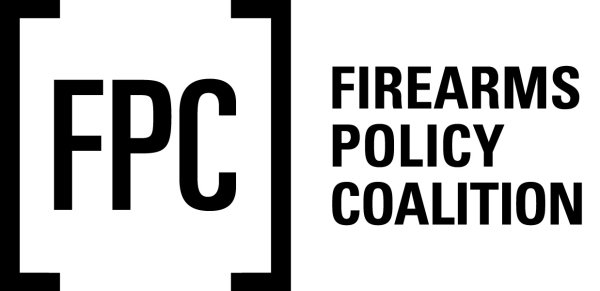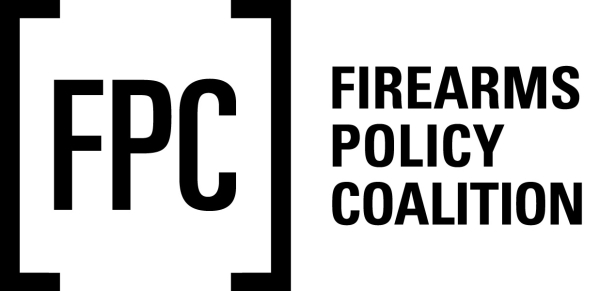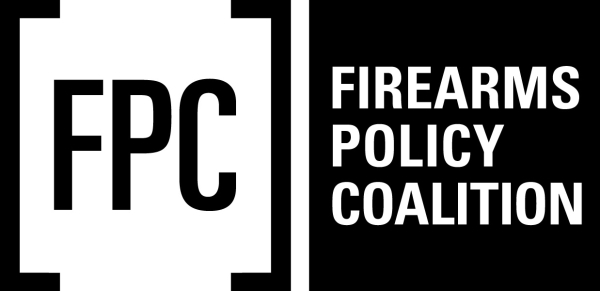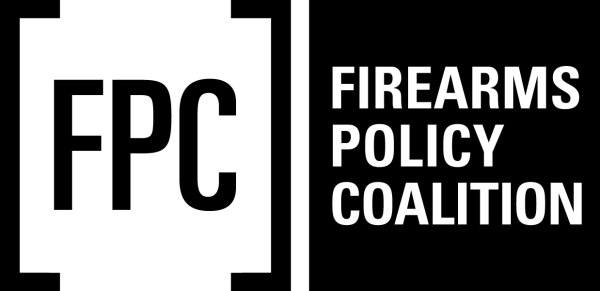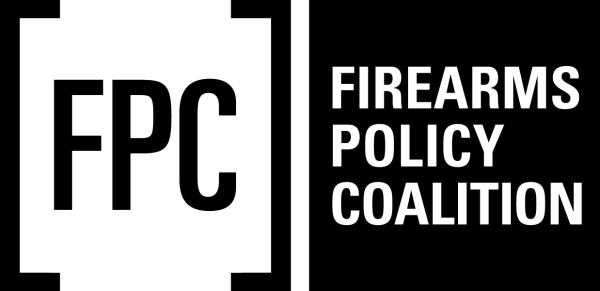Litigation Promised Should California Senate Bill 707 Become Law
SACRAMENTO, CA– Civil rights advocates at Firearms Policy Coalition (FPC) are preparing to file a federal lawsuit should California Senate Bill 707 become law.
The bill, passed by the Legislature last week, would expand criminal liability under the “Gun-Free School Zone Act of 1994” to handgun carry license holders and criminalize the mere possession of ammunition on the grounds of any school or college campus, even for trained gun owners who have a license to carry issued by their police chief or county sheriff.
Among the tens of thousands of licensed California residents who will be immediately impacted by SB 707 are victims of domestic violence and stalking, judges, prosecutors, and public defenders.
FPC President Brandon Combs said that the litigation being prepared as a response to SB 707 will have profound and far-reaching consequences for members of the law enforcement community across the country.
As the SB 707 was introduced in February, the measure would have broadly eliminated carry on campus for virtually everyone except on-duty police or others specifically authorized to assist in an emergency.
But law enforcement groups immediately reacted to the gun control bill by offering their full support — in exchange for preservation of existing exemptions for law enforcement retirees. They later cut deals to add in even more special exemptions, including for retired police reservists. Combs believes that is blatantly unconstitutional.
“If Governor Brown signs SB 707, we will file for an injunction in federal court at the very first opportunity,” said FPC’s Combs. “After we win that case, we will systematically challenge similar injustices, not only in California but across the United States. I’m sick and tired of law enforcement political organizations bending law-abiding gun owners over a barrel.”
“The Ninth Circuit decided well over a decade ago that retired police officers are no different than retired plumbers for the purposes of gun laws,” Combs explained. “SB 707 deepens the divide between law enforcement and the millions of good, law-abiding people they serve. It’s bad policy and it’s unconstitutional.”
The 2002 Ninth Circuit decision striking down a California law that gave retired law enforcement officers special exemptions from the Assault Weapons Control Act was reinforced in a 2010 legal opinion issued by then-Attorney General Jerry Brown.
In the opinion, Brown explained that “Silveira teaches that it is….a peace officer’s role as a law enforcement agent that provides a rational basis for distinguishing between a peace officer and a private citizen for purposes of possessing and using assault weapons. A retired officer is not authorized to engage in law enforcement activities.”
Through legal research, FPC has identified over 15 different California laws exempting retired law enforcement personnel that would likely be struck down by the courts.
“Californians are losing their Second Amendment rights,” Combs said, “because special interest groups like the Sacramento Deputy Sheriffs’ Association lobby to pass gun control for us ‘regular people’ but cut shady backroom deals to get their own special exemptions from laws – special privileges that last well beyond their law enforcement careers.”
“It’s time to level the playing field.”
In order for a Californian to acquire a discretionary license to carry from their county sheriff or police chief, they must meet statutory residency requirements, prove their “good cause,” and evidence “good moral character.” They must also pass a rigorous fingerprint-based background investigation that includes the California Department of Justice and the Federal Bureau of Investigation. After the applicant passes the background check and is approved by the licensing authority, they must complete a law enforcement agency-approved training program.
A “civilian” California carry license may be renewed every two years following payment of fees, law enforcement review, payment of fees, and completion of an agency-approved renewal training course. Many public servants have licenses that only require renewal every 3 or 4 years.
Firearms Policy Coalition (www.firearmspolicy.org) is a non-partisan, grassroots, nonprofit public benefit corporation. FPC’s mission is to protect and defend the Constitution of the United States, especially the fundamental, individual Second Amendment right to keep and bear arms.


